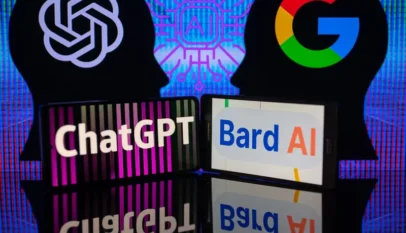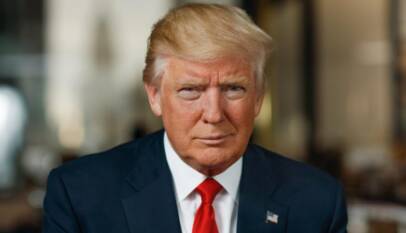Microsoft and OpenAI are investigating claims that the Chinese AI startup DeepSeek may have stolen data from OpenAI’s technology. The issue surfaced last fall when Microsoft’s security team noticed suspicious activity, suspecting that individuals linked to DeepSeek were using OpenAI’s API to extract large amounts of data illegally.
Microsoft, OpenAI’s biggest investor, promptly informed OpenAI about the suspicious behaviour, but the exact data taken and the extent of the theft remain unclear.
DeepSeek, a rapidly growing Chinese AI startup, offers a cheaper alternative to U.S. tech giants like OpenAI, gained attention this week when its free AI assistant briefly surpassed OpenAI’s ChatGPT in popularity on the U.S. Apple App Store, causing a drop in tech stocks.
This success highlighted the growing competition between U.S. and Chinese AI firms, a key area of conflict in the tech world, centred around intellectual property (IP) rights and the race to dominate the AI market.
U.S. companies like OpenAI have spent years developing cutting-edge AI models, while Chinese companies are working hard to catch up and challenge these leading firms, leading to increasing concerns about the theft or copying of AI technology, especially from companies in China, which are often accused of intellectual property theft.
David Sacks, the White House’s AI and cryptocurrency czar, in an interview on Tuesday, suggested that DeepSeek may have stolen intellectual property from U.S. companies. “There’s strong evidence that what DeepSeek did is they distilled the knowledge out of OpenAI’s models,” he said.
In response, an OpenAI spokesperson acknowledged that Chinese companies, among others, are constantly attempting to replicate the top U.S. AI models. However, they did not specifically name DeepSeek.
The spokesperson also mentioned that OpenAI is taking measures to protect its intellectual property and is working closely with the U.S. government to safeguard its technology from unauthorized use.
The investigation into DeepSeek highlights a larger area of conflict: the geopolitical tensions between the U.S. and China over technology. As AI becomes a more important part of the global economy, there is growing competition over who will lead in developing and controlling this powerful technology. Intellectual property theft, whether real or suspected, adds fuel to these tensions, as countries and companies seek to protect their valuable innovations.
The issue also reflects a broader struggle within the tech industry, where countries like China are pushing hard to catch up with and sometimes surpass U.S. companies in the AI race. These conflicts, whether through accusations of IP theft or market competition, are likely to continue as AI becomes more central to global economic and political power.
Microsoft has declined to comment further on the investigation, and DeepSeek has not responded to requests for a statement. As the investigation continues, this case further underscores the challenges of protecting cutting-edge AI technology in a world where competition is fierce, and accusations of theft are frequent.





























